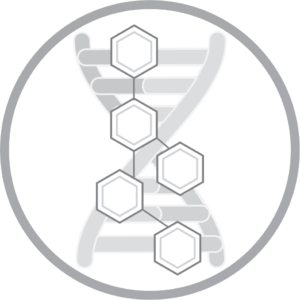
The goal of research within the Molecular Cell Biology (MCB) program is to uncover the molecular mechanisms of fundamental cell biological processes. Such processes include cell motility and adhesion, cell cycle, transcription, translation, molecular trafficking, signal transduction and cellular metabolism at homeostasis and in disease states. A common theme which unites these diverse endeavors is the desire to push the limits of our understanding to the highest possible molecular resolution. Ultimately, we seek mechanistic knowledge of the cell to benefit human health.
DBBS offers a student-driven course of study that is a flexible, personalized learning pathway designed and led by the student, with oversight and guidance by faculty and staff. This model entrusts and empowers students to take ownership of their education by identifying their academic interests, setting learning goals, and curating a curriculum that aligns with their intellectual passions and career aspirations.
Prospects: Learn more >>>
Current DBBS students: more details here

MCB graduates pursue a variety of careers. Most program graduates go into academia, but many find paths in industry, government, and other fields, like science communication, law, and business and entrepreneurship.
Faculty Co-Directors:
Graduate Program Administrator: